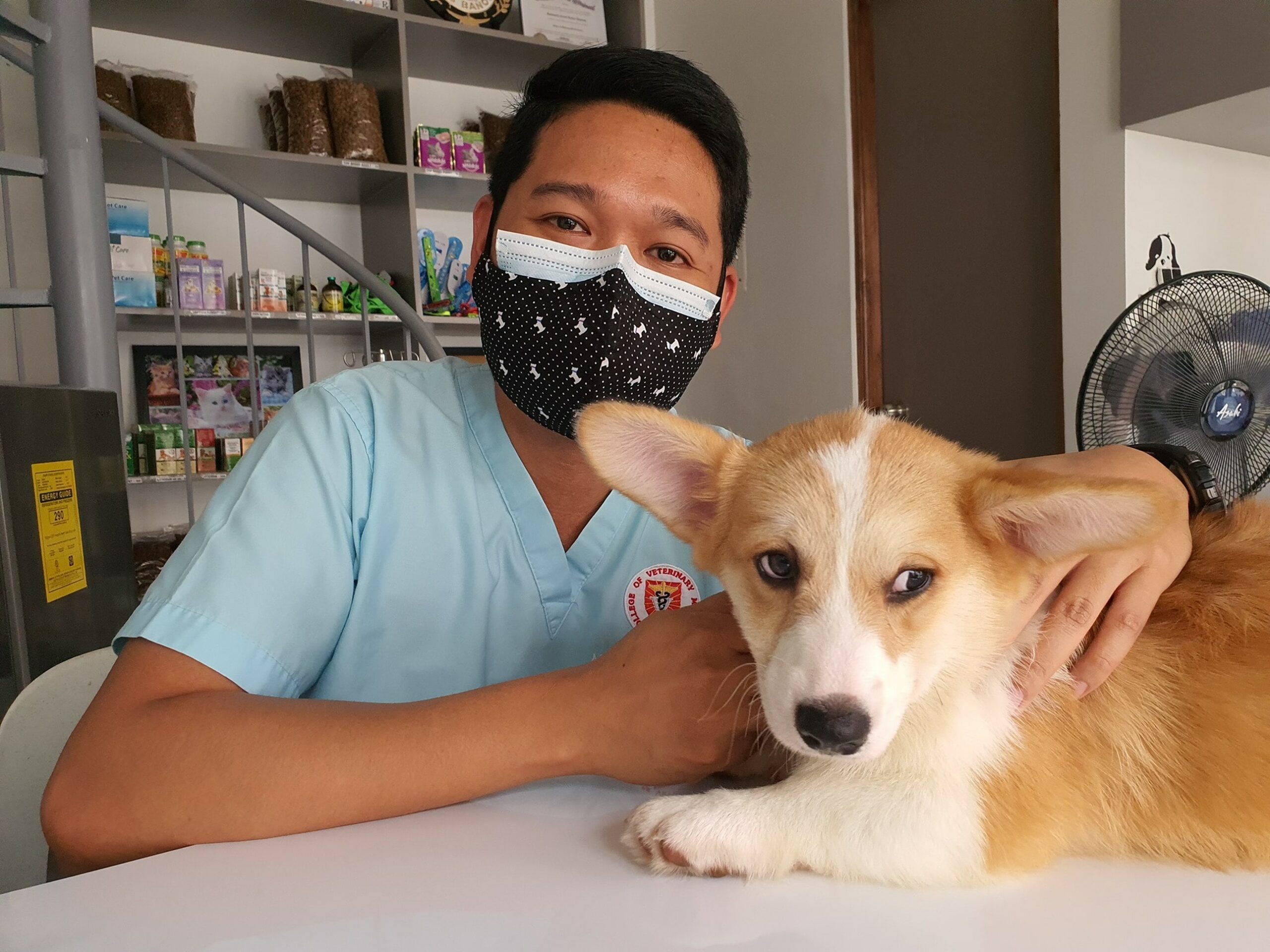The field of veterinary medicine has steadily grown and evolved over the years. With this growth comes a need for well-trained veterinarians.
Pre-veterinary programs provide an excellent foundation for those interested in becoming veterinarians. It’s an exciting educational track designed to help students succeed in Doctor of Veterinary Medicine (DVM) programs after graduation. The skills and knowledge obtained in this track can lay the foundation for a variety of animal-related career fields.
Veterinarians can work with and alongside several industries to improve our understanding of animal health and wellbeing. Depending on a vet’s area of expertise, their work may also contribute to human health. While pre-vet is not a major, it can be an incredible start to an exciting and rewarding career.
What is Pre-Vet?
Pre-Veterinary is an educational track rather than a major. This track is typically composed of animal science, biology, chemistry, physics, and math courses. It provides a solid foundation for undergraduate students interested in completing a veterinary medical program.
Students in pre-vet programs can major in subjects related to their personal goals. If a student is interested in becoming a veterinary microbiologist, they can major in microbiology or animal science. Common majors for students pursuing pre-vet studies include animal science, veterinary science, biology, zoology, microbiology, and biochemistry.
Pre-vet programs challenge students to practice using their new knowledge to provide accurate diagnoses and the appropriate care. It teaches them to conduct research to find answers and use this research to support their theories. Gaining this experience prior to DVM programs will help during the transition from student to professional.
What to Expect from Pre-Vet Studies
In addition to classroom knowledge, pre-vet studies allow students to gain hands-on experience. Some schools offer internship opportunities through local veterinary clinics, animal shelters, or zoos. Others, like Berry’s Pre-Vet program, also offer on-campus opportunities through the school’s aviary, farm, and equine center.
Hands-on experience allows students to begin gaining volunteer hours for DVM programs and apply theoretical principles in real situations. It builds a student’s confidence and allows students to see the impact of their skills and knowledge in real time.
Pre-vet programs take four years to complete and may prepare students for tests such as the Graduate Record Exam (GRE). They may also provide additional support to help students prepare for the GREs. While most DVM programs require the GRE, some may require the Biology GRE.
Career Options for Veterinarians
Veterinarians can work in private practices, research settings, and alongside government entities. While veterinarians are trained to diagnose and treat animals, their skills can be applied in a variety of ways. Their expertise can prove beneficial for animal and human health.
The impacts of a veterinarian’s research can have positive effects for society as a whole. From researching diseases in animal populations to simply helping pets feel better, vets play vital roles in our society. While vets can hold more positions than what’s listed, these titles show the variety of options available to veterinarians.
Veterinary Private Practice Jobs
Veterinarians in general practices can work with domestic animals, farm animals, or livestock. Vets examine and diagnose animals, provide treatment, prescribe or administer medication, and educate pet owners. Vets in general medicine also provide preventative care, maintain patient records, and perform surgeries such as spaying and neutering.
Vets in specialty practices can work in areas such as dermatology, behavioral medicine, emergency animal medicine, and as veterinary chiropractors. Each vet in this field has received specialized training to improve the health and wellbeing of animals. These vets can work in referral hospitals or specialty clinics to provide in-depth care for complex medical conditions or injuries.
Some veterinary jobs in private practices can include:
- Veterinary Chiropractor
- Veterinary Nutritionist
- Emergency Veterinarian
- Associate Veterinarian
Veterinary Research Jobs
Veterinary researchers study animal biology, physiology, and behavior to advance our current understanding of animal health, disease, and treatment. Veterinary researchers can work in academics, for private sectors, or alongside government agencies. They can specialize in areas such as infectious disease, immunology, genetics, and behavior.
Veterinary researchers can conduct lab experiments, clinical studies, animal trials, or observational research. They can investigate diseases which can be transmitted from animals to humans. They aim to improve our ability to detect and identify pathogens in animals to create effective counter- and preventative measures.
Some veterinary research jobs include:
- Microbiology Technician
- Research Assistant
- Laboratory Technologist
- Research Administrator
Veterinary Government Roles
Vets can work with the government to better understand the relationship between animals, humans, and the environment. They strive to protect public health alongside government entities such as the:
- United States Department of Agriculture (USDA)
- National Institutes of Health (NIH)
- Centers for Disease Control (CDC)
- Food and Drug Administration (FDA)
Vets in these roles focus on areas such as biosecurity, public health, regulatory medicine, and the investigation of disease outbreaks. Vets in these roles can also focus on food safety, meat inspection, and drug development, testing, and approval.
Veterinarians can also work alongside the US Military and Air Force to provide care for working animals. These vets can work internationally and may be deployed into combat zones to provide treatment.
Some veterinary government jobs include:
- Veterinary Medical Officer
- Supervisory Researcher
- Research Microbiologist
- Public Health Veterinarian
In Summary
Pre-veterinary programs lay an excellent foundation to help graduates succeed in DVM programs. They may also provide additional resources to help students prepare for standardized tests such as GRE. Although pre-vet is not a major, it is often paired with majors aligned with a student’s overall goals.
Careers in veterinary medicine can offer a broad range of fulfilling opportunities for those passionate about animal health and welfare. Their skills can be applied in public, private, and government sectors. They can choose to practice general medicine or enter specialties such as emergency animal medicine or aquatic animal medicine.
Veterinarians can work as researchers, drug developers, public health advocates, and more. Although their training is geared towards animal care, the results of a veterinarian’s work can benefit humans, too. Their expertise overlaps with various fields to create unique careers and positive impacts across society.
Photo credit: https://unsplash.com/photos/ybZ5hRxaWS4
Did you find this city dog content helpful? Share it with a friend or link it to social media. Enjoy short clips of silly dogs? Best dog training videos? Holistic puppy training tips? Follow us on instagram @nydognanny or on YouTube at nydognanny. Have some news you needs to get to dog and cat parents stat? Email info@newyorkdognanny.com with your article pitch.




